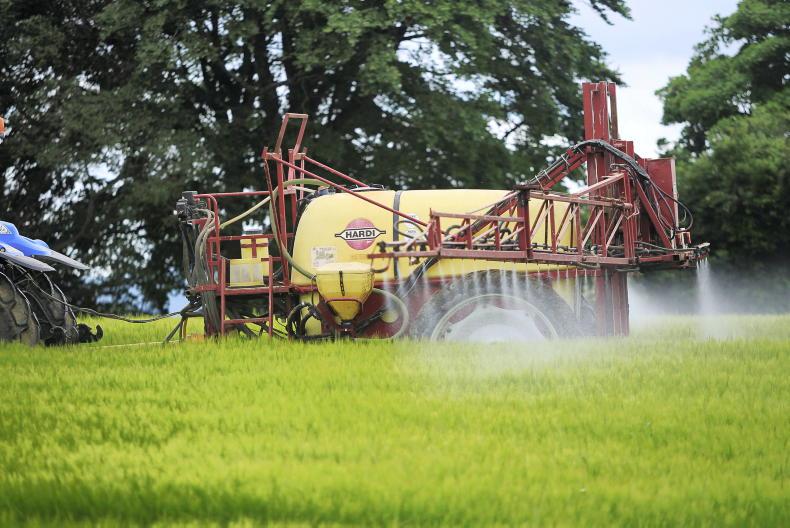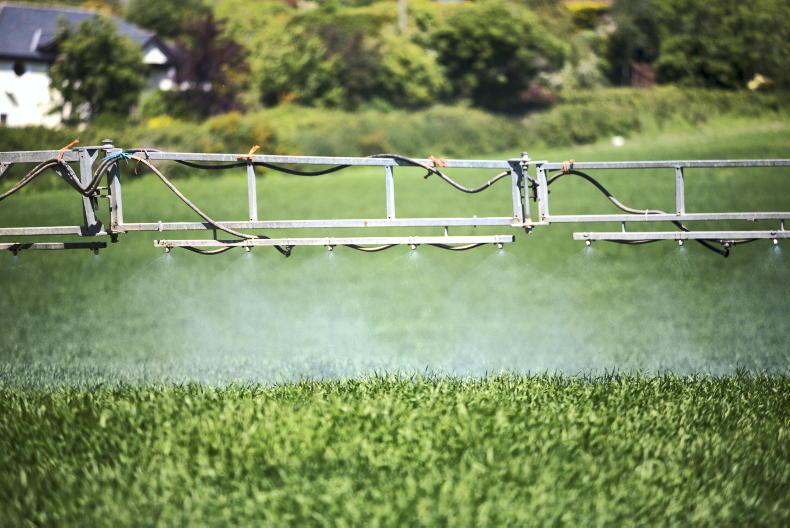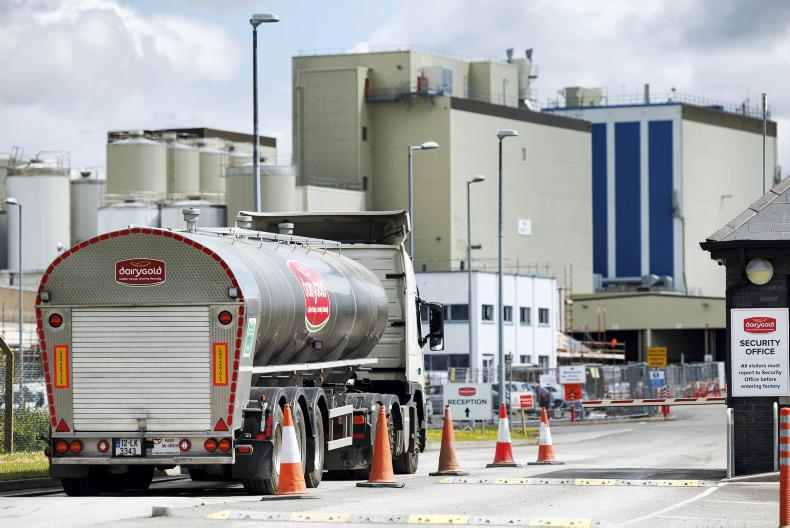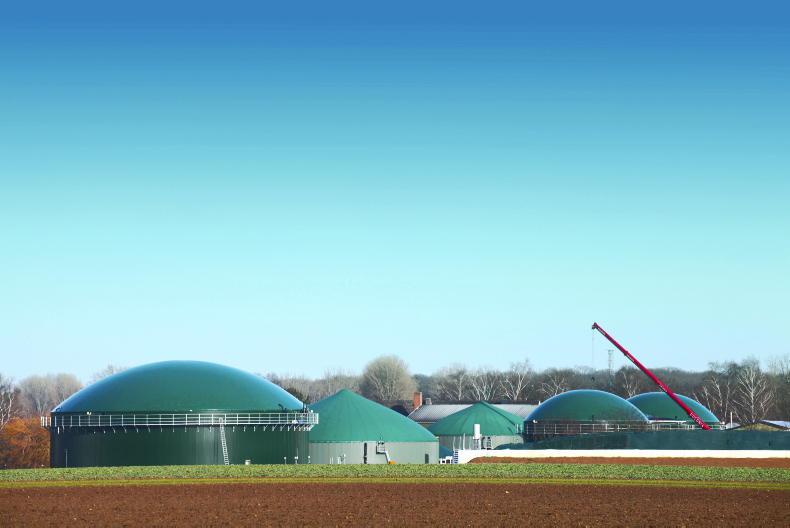One major grievance for a proportion of EU farmers is the lack of a level playing field when it comes to how the use of agrochemicals is treated for EU produced and imported products.
Chemicals that have been banned for use on crops in the EU can still be used on the equivalent crops that are subsequently imported, with no differentiation in the marketplace.
This trade-off between trade access and rule equality/compliance is technically handled by the need for compliance with internationally agreed maximum residue levels (MRL).
This is the agreed level of a residue that is regarded as being safe for the food chain.
Grievance
So, products imported into the EU can be treated with chemicals banned in the EU, providing the MRL is not exceeded.
This remains a continuous grievance for EU producers who want to see a zero-tolerance level implemented for all substances banned within the EU, because many such decisions are based on some element of sustainability such as health and environmental reasons.
An MRL is the highest residue level of any specific pesticide that is legally allowed in or on food or feed when pesticides are applied correctly (Good Agricultural Practice).
The objective to drive sustainability in global markets is one of the elements of the Green Deal
A recent trawl of official EU food pesticide residue monitoring data by the Pesticides Action Network found 74 different substances that are banned in the EU to be present in imported foods sold in the EU market.
Farmers affected by the removal of this myriad of actives argue that if actives are being withdrawn from the EU market for health and environmental reasons, then the EU should prevent the importation of products containing any level of these actives because they pose the same potential risks to producers, bystanders or environment in those producing countries.
The objective to drive sustainability in global markets is one of the elements of the Green Deal.
If the EU is serious about sustainability in global food production, then it must realistically address these issues of double standards, especially those which disadvantage internal producers who are also trying to comply with many other requirements of the Green Deal to tackle carbon, emissions and biodiversity objectives.
Worst offenders
The Pesticides Action Network produced a 13-page report entitled Banned & Hazardous Pesticides in European Food.
The report found 74 pesticides in 5,811 food samples - 6.2% of those tested.
Plant-based products were most affected, with the worst offenders being exotic fruits such as guavas, goji berries, breadfruit and cherimoyas.
Residues of banned substances were also found in tea, peppercorn and coriander leaves.
The report indicated that these banned pesticides originated from countries such as China, India, Thailand, Brazil, Vietnam and Morocco.
The authors of the report called on the EU to halt the production and sales of banned pesticides and to adopt a zero-tolerance approach for such residues in food.










SHARING OPTIONS